These are the Android Authority team’s favorite smartphones ever

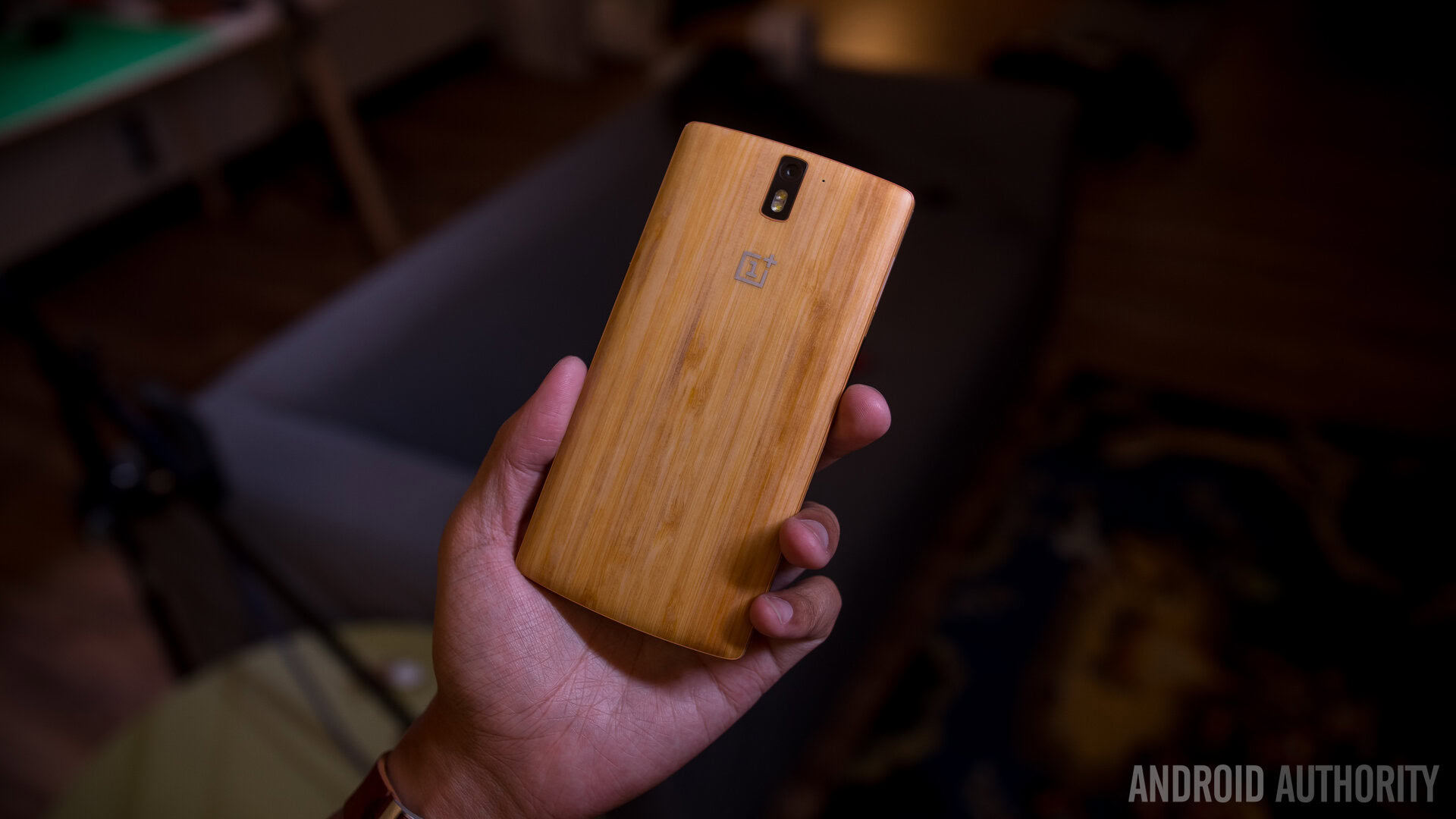
We’re all enthusiasts here at Android Authority, so naturally, we’ve used plenty of smartphones. From the early Symbian and BlackBerry OS era to modern versions of Android and iOS, phones have changed extensively in the past two decades. While these older devices may not be as capable as their modern counterparts, they undoubtedly hold a special place in our hearts.
Yes, we can easily recognize the best Android phones around based on merit, but those may not always be the devices that stick with us. As a result, I asked my colleagues to weigh in on their favorite phones of all time. Read on for the extensive and surprisingly varied list.
HUAWEI Mate 20 Pro
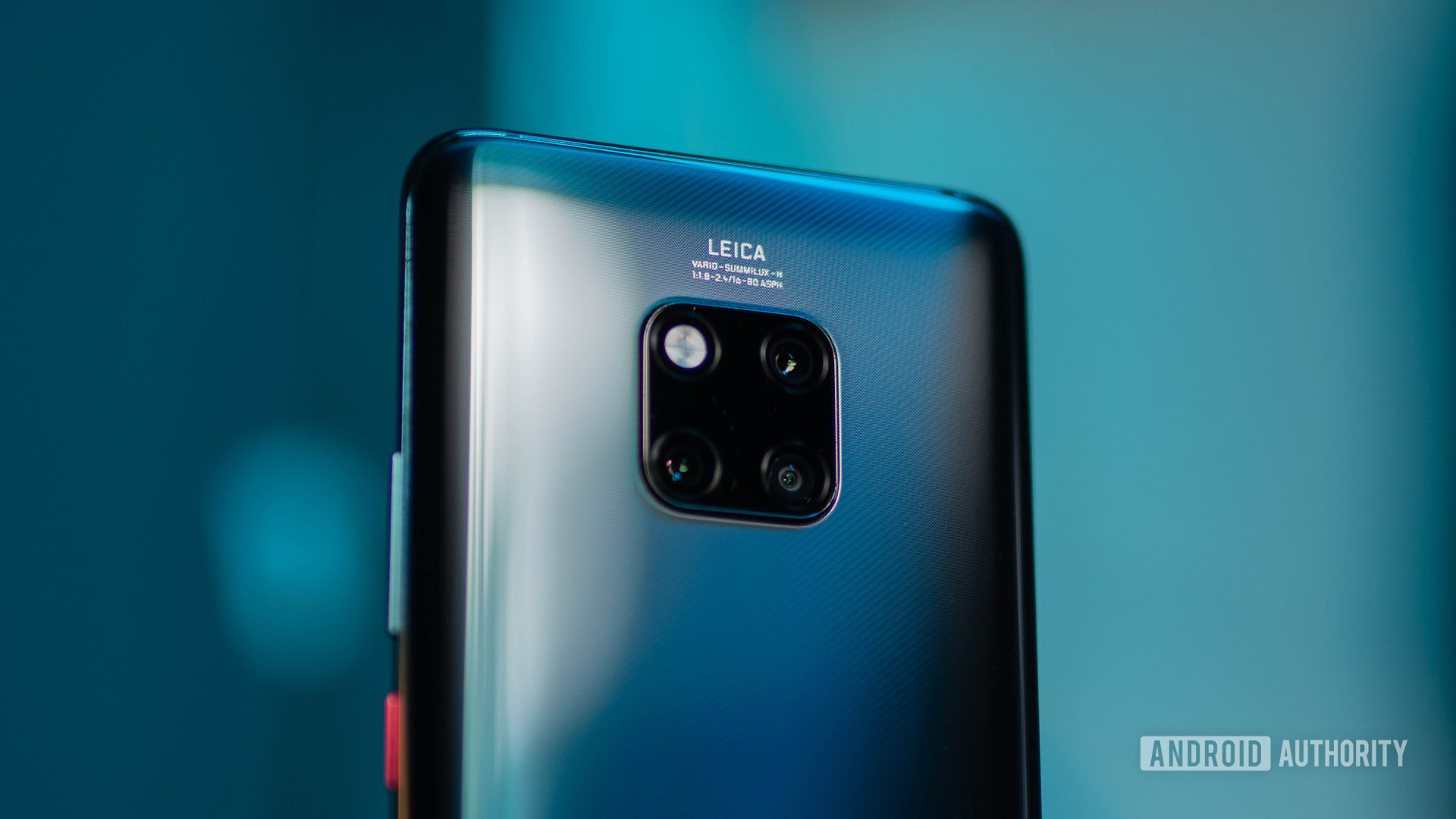
HUAWEI’s reputation as a capable smartphone maker has taken a hit in recent years. Tarnished by the US trade troubles and inability to use modern Android furnishings and chipsets, its recent phones haven’t been anything to write home about. This wasn’t always the case.
For a brief period in the late 2010s, HUAWEI produced hit after hit. The Mate 20 Pro was one of them, and it’s a phone that our managing editor, Bogdan Petrovan, still holds in very high regard.
“The Mate 20 Pro had the right combination of design, performance, battery life, and camera,” he tells me.
“I wasn’t smitten with the software, but it wasn’t offensive either. Some of the camera features, like the 3x optical zoom, you still don’t get on some current flagships.”
After using it for three years as his daily driver, he eventually upgraded to the OPPO Find X5 Pro, which he still uses today. However, he still feels it wasn’t a “huge upgrade” over HUAWEI’s bright star.
The Mate 20 Pro had the right combination of design, performance, battery life, and camera.
Editor Hadlee Simons, who drives the Pixel 7 Pro daily, says the Mate 20 Pro too holds a “special place” in his heart.
“I loved the 40W wired charging, even though I definitely felt the degraded battery 1.5 years down the line,” he mentions. “I also loved the flexible rear camera setup. Even the 3D face unlock was a cool touch at a time when few Android phones offered this option. Wireless charging and an IP68 rating were two juicy cherries on the cake.”
The Mate line continues today, still pushing the boundaries, albeit anonymously. While 2023’s Mate 60 was among the first mainstream phones to offer satellite calling it’s unlikely we’ll see a globally-beloved device like the Mate 20 from the company ever again.
OnePlus 7 Pro
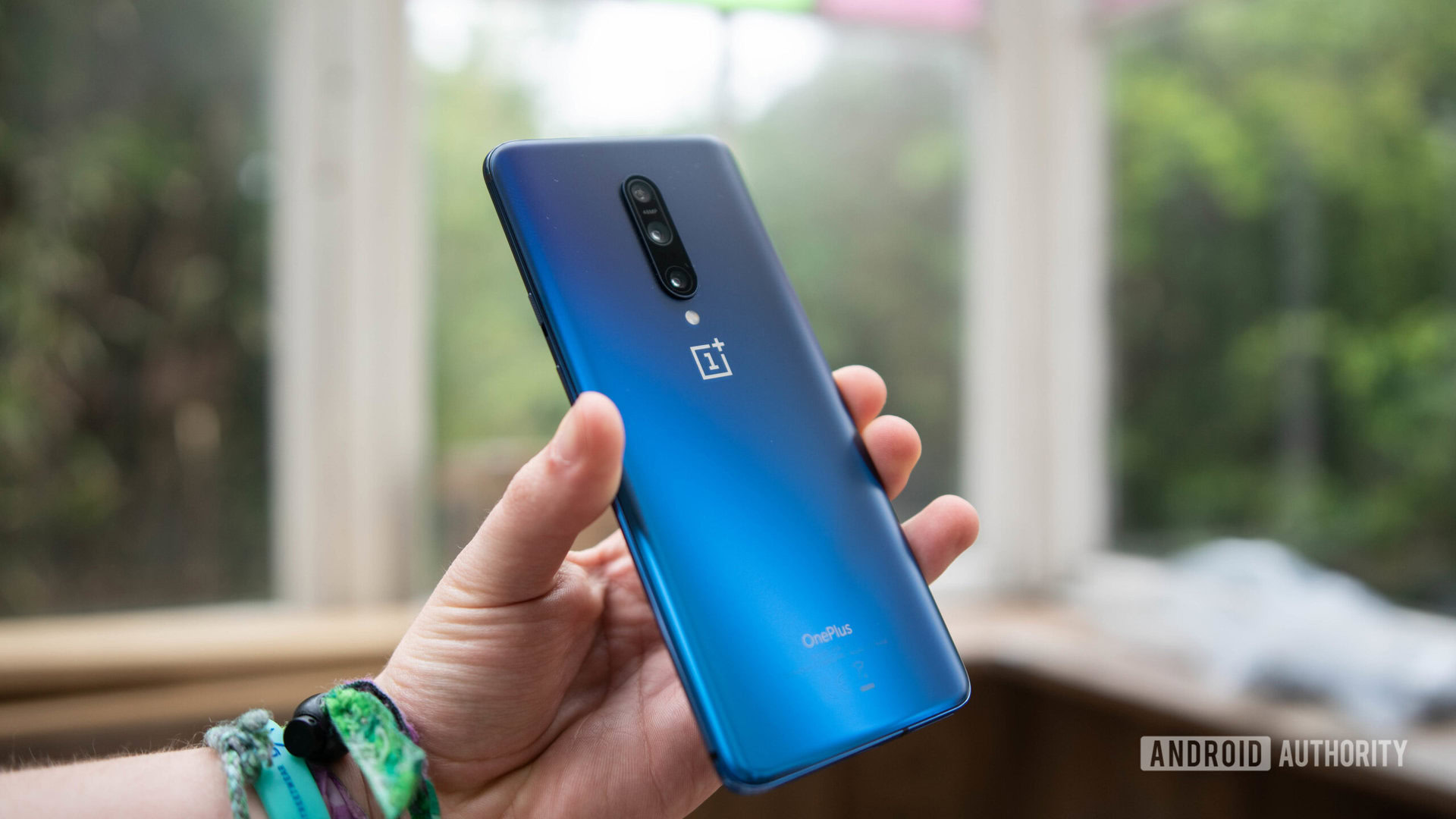
A year later, OnePlus launched its pinnacle regarding specs and value. The first OnePlus bearing the Pro moniker truly lived up to this suffix, pushing the limits of innovation while improving the overall user experience.
During his long-term review of the device, Editor C. Scott Brown called the OnePlus 7 Pro his favorite phone of all time, a sentiment he echoes in 2024.
This ended up being the last great OnePlus phone.
“This phone had it all,” he tells me, adding that it boasted the best Android skin at the time, a “pretty terrific” camera array, an uninterrupted high refresh rate screen thanks to its pop-up camera, faster charging than most modern flagships, and an “overall beautiful design” for under $700. Objectively, it did have its faults, namely the lack of an IP address and wireless charging, but it was such a comprehensive device that it was easy to look past these issues.
“This ended up being the last great OnePlus phone,” Scott fondly remembers.
Samsung Galaxy S5
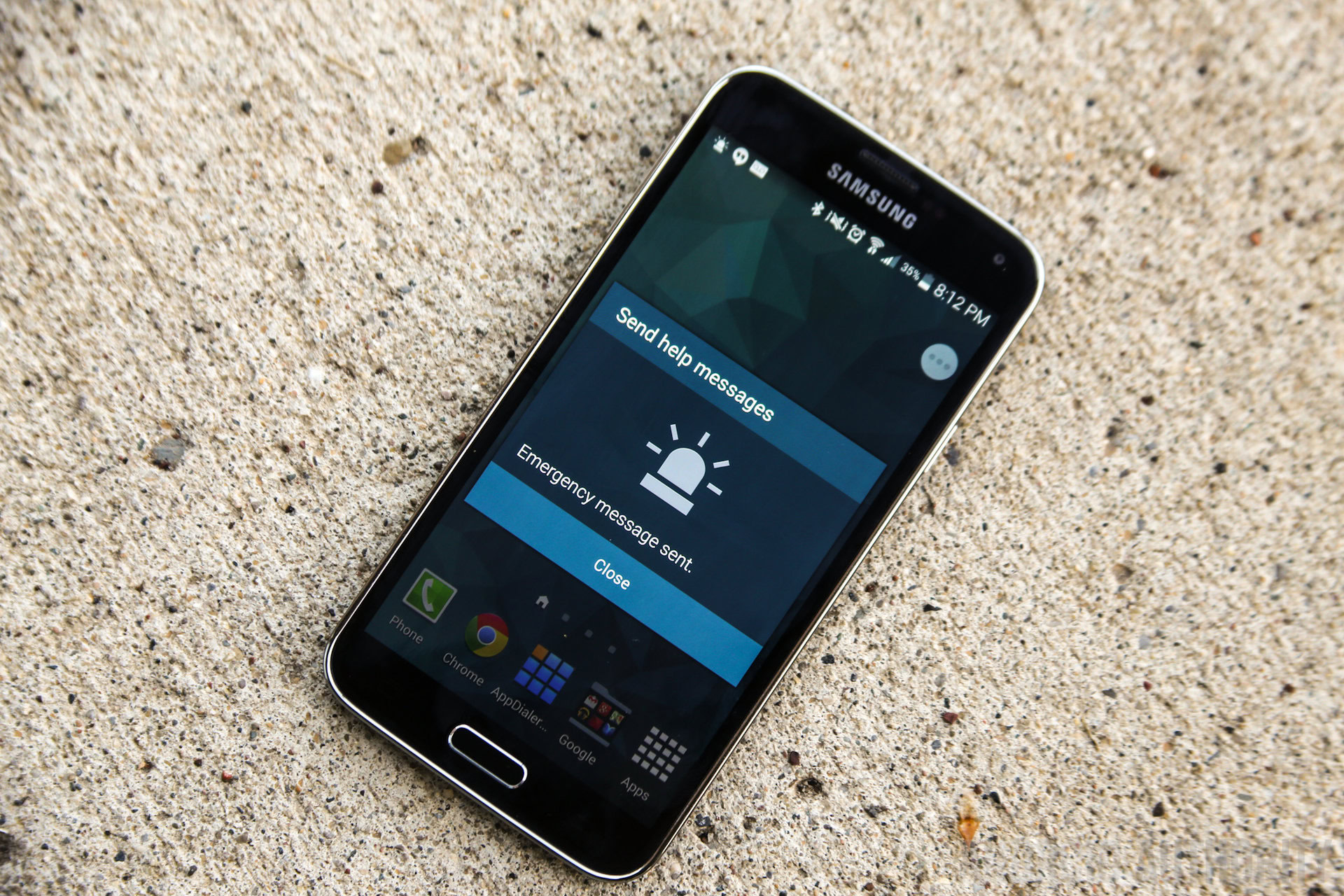
It’s safe to say that Samsung remains a major modern player in the Android world, but its current highs were built brick by brick. The early Galaxy S devices weren’t nearly as polished or as popular as they are now, but one phone marked a positive turn. In 2014, the company launched the Galaxy S5, a device that deals editor Matt Horne remembers fondly.
I had a few spare batteries spread around in places like my work bag, and it meant I was never short on juice!
“It was a good phone overall,” he mentions, “but it was the last one I had which you could open the back of and easily swap out the battery. I had a few spare batteries spread around in places like my work bag, and it meant I was never short on juice! I even had an external battery charger to charge the spares.”
It was also the first mainline Samsung phone with a water and dust-resistant rating. With that quirky dimpled rear plate, it was certainly a statement mobile.
Even though Matt has since moved on to the much more powerful OnePlus 10 Pro, he still laments the lack of hot-swappable batteries the Galaxy S5 afforded.
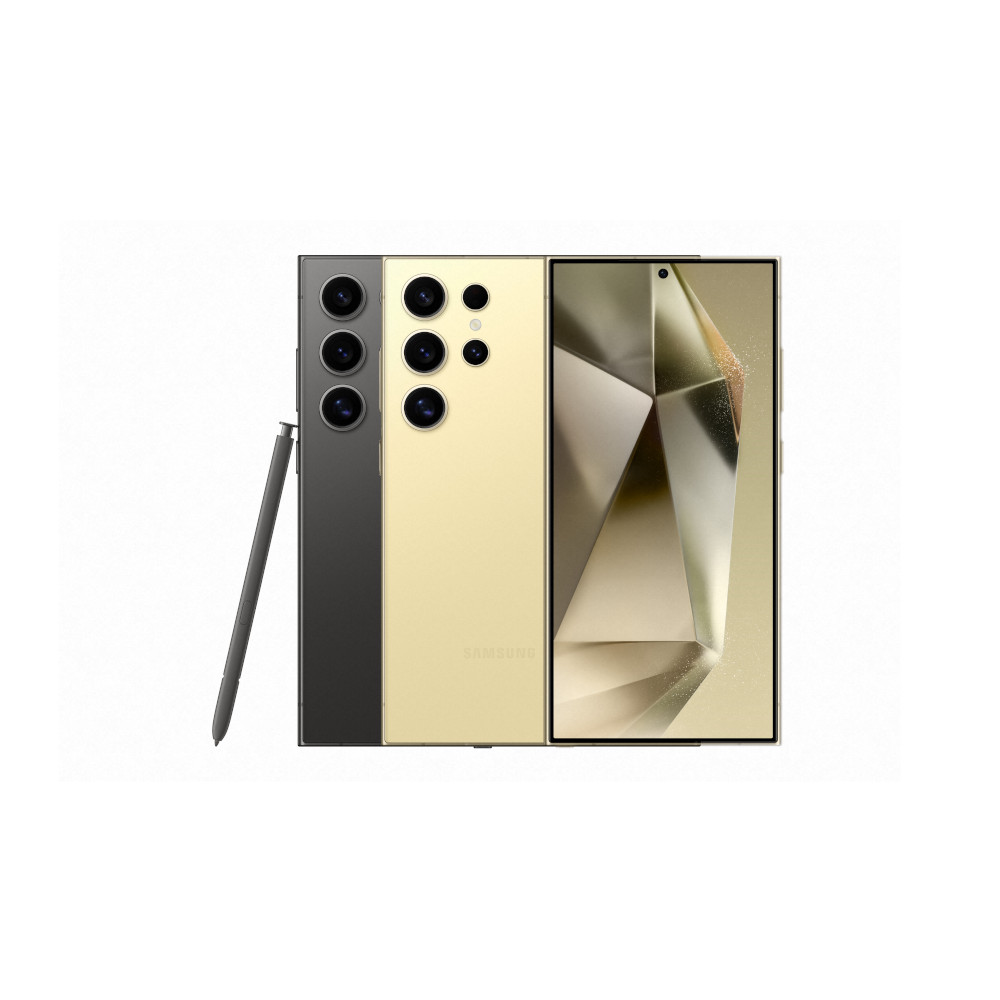
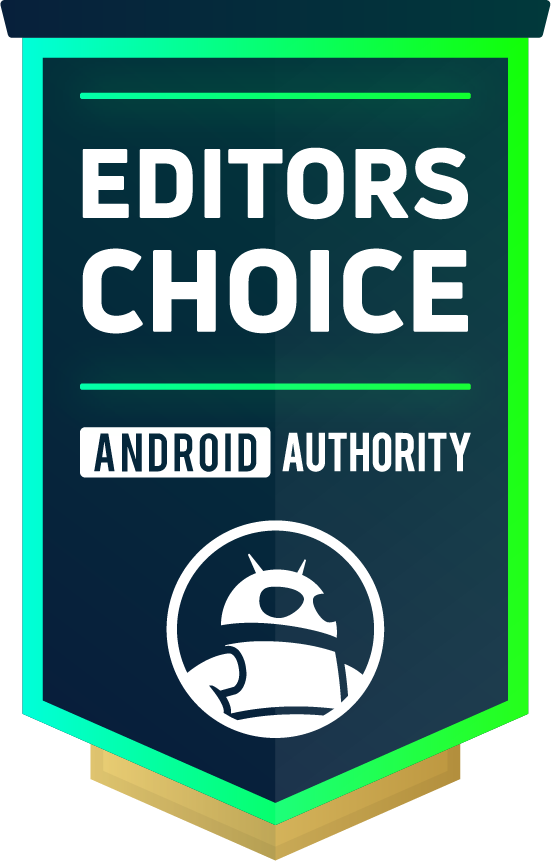
Samsung Galaxy S24 Ultra
Powerful, flexible cameras • Excellent update commitment • Brilliant flat display
The best of the best in the S24 series
Samsung’s true flagship device, the Galaxy S24 Ultra offers the very best specs and features from any Galaxy phone to date. Ai and camera functions are the name of the game, with a 200MP primary camera, 50MP 5x telephoto, 10MP 3x telephoto, and 12MP ultrawide shooters. Smaller display bezels, 2,600 nit display, 5,000 mAh battery, an advanced cooling vapor chamber, up to 1TB of UFS 4.0 storage, and 12GB of RAM make for a powerful mobile computing system. The new ProVisual Engine offers AI-powered camera tools for photo and video capture.
HTC One M7
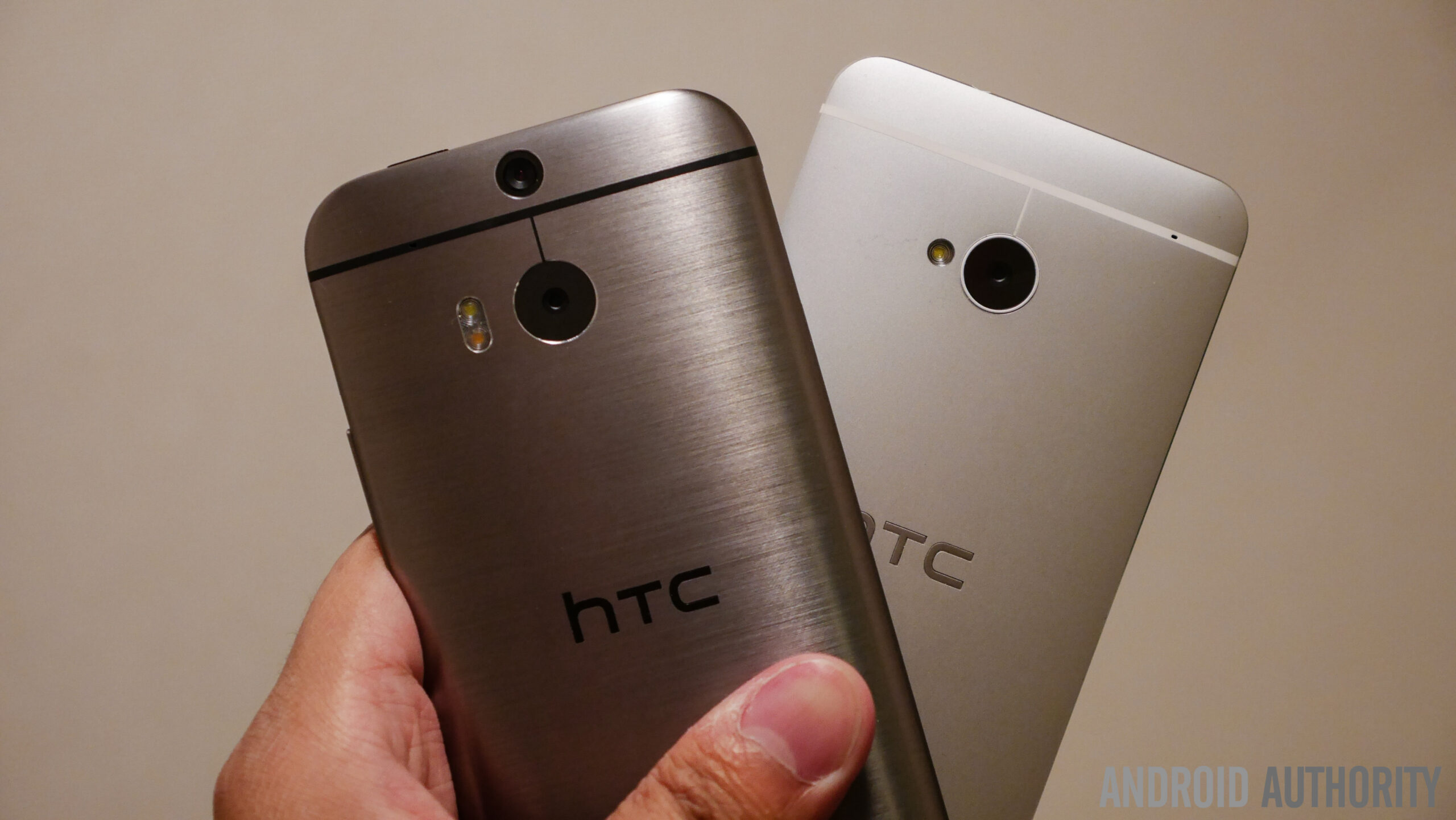
HTC’s star faded quickly after 2015, soon after launching a pair of its best devices. The HTC One M8 is fondly remembered by many as one of the best Android phones ever made, but evergreen editor Mitja Rutnik’s favorite smartphone of all time is its predecessor: the HTC One M7.
“I loved its design, which stood out at the time,” Mitja tells me. “The dual front-facing speakers were amazing, and HTC’s Sense UI was a joy to use. Not only was it functional and fast, but it was also beautifully designed. The camera could capture great images and offered a burst mode, which was a novelty for me at the time.”
While many others came across my desk in the years since, the One is still my favorite of them all.
“The HTC One was the first Android phone I really enjoyed using, and while many others came across my desk in the years since, the One is still my favorite of them all,” he adds.
Mitja has since switched to the Google Pixel 7 as his primary device, which sometimes reminds him of the HTC.
Nokia E71
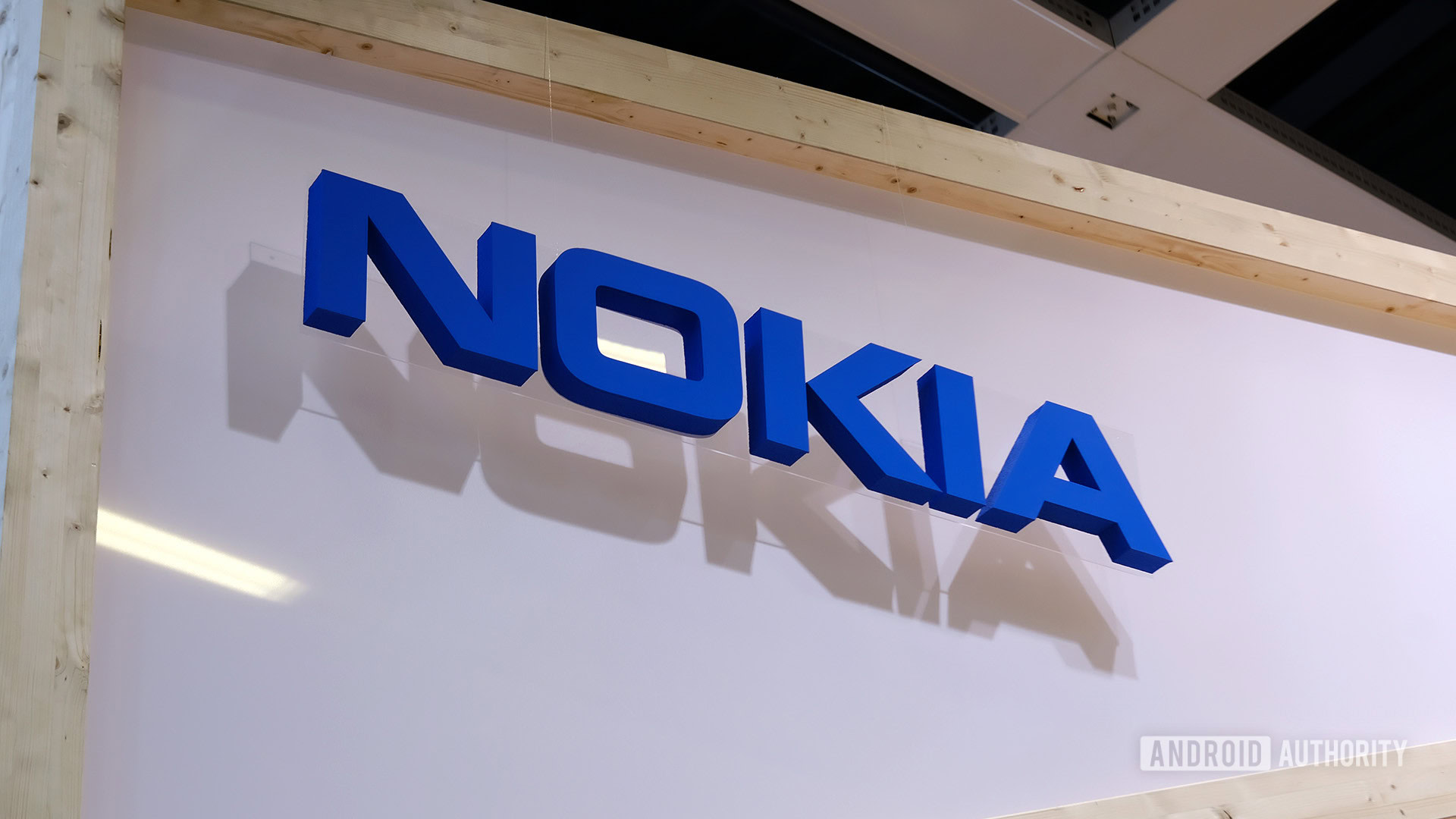
Robert Triggs / Android Authority
So far, all the devices on this list employ Android to some extent. (You’d probably expect this from a publication called Android Authority). However, senior features editor Rita El Khoury is bucking the trend. Taking us back all the way to 2008, Rita’s favorite smartphone ever comes from Nokia.
Although she currently uses the Pixel 9 Pro XL as her daily driver and recalls plenty of other memorable devices, namely the HTC Desire Z, the LG G2, and the Pixel 2 XL, the Symbian-powered Nokia E71 is dearest to her.
It was a smartphone from an era when smartphones barely existed.
“It was a smartphone from an era when smartphones barely existed, and I owe a big part of my career today to those early Nokia years when I started blogging about tech as a hobby,” she tells me. “The E71 was so sleek, so well-built, and so powerful. I still remember the first time I saw it, I gasped because I didn’t expect it to be this small. And the QWERTY keyboard was fantastic.”
It was one of her only tech toys that her family members resonated with, she mentions, especially her grandmother. “I have a photo of her holding the E71, and that, by itself, is enough reason for me to call this my favorite smartphone of all time.”
The Nokia we knew has since changed ownership and faded into obscurity, but the company’s early devices featured on several Android Authority staffers’ honorable mention lists. These devices include the Lumia 1020, N95, and N82.
Xiaomi Mi 3
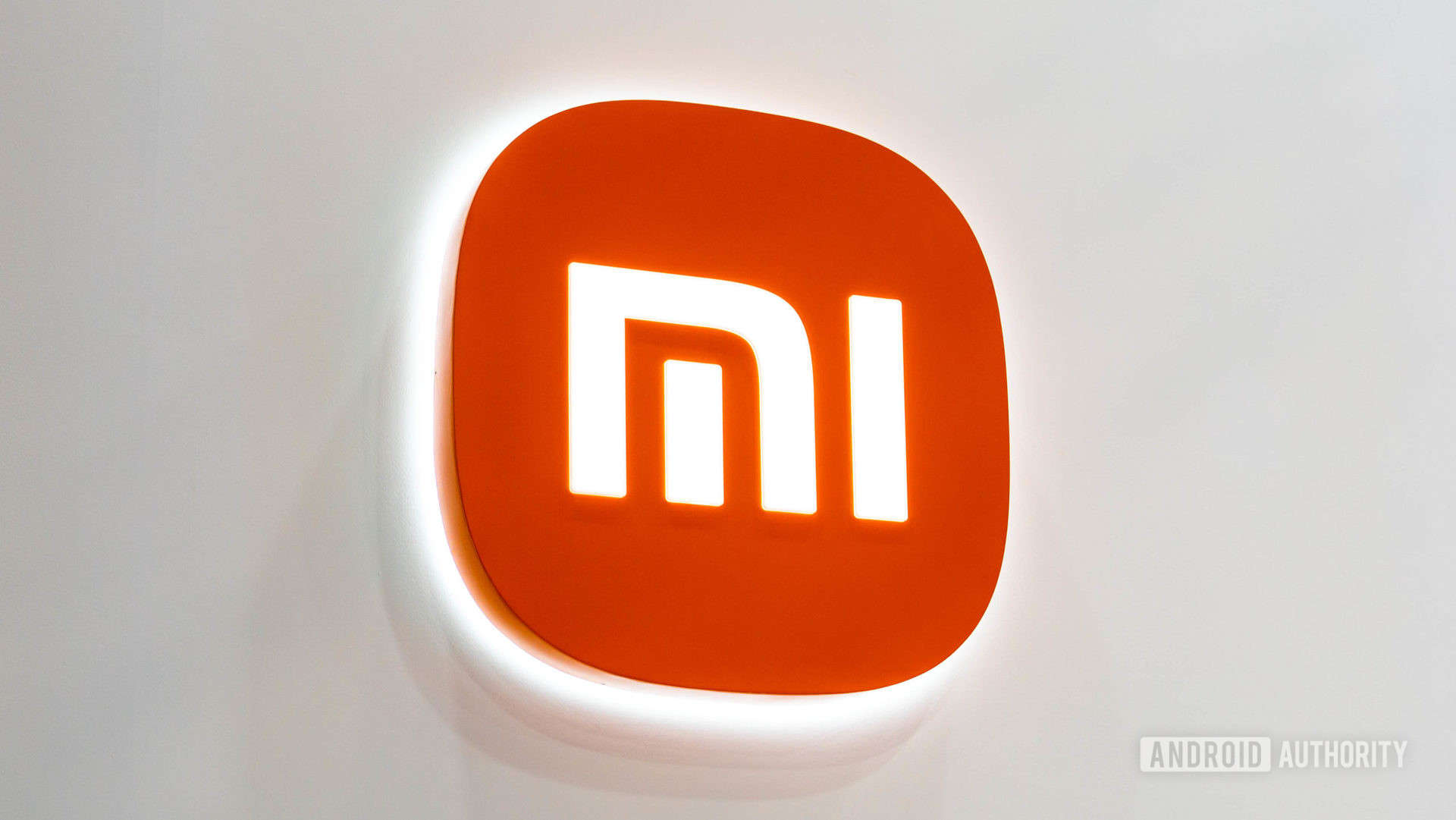
Kris Carlon / Android Authority
2013 was a fascinating year for the smartphone industry. The Galaxy S4 was perhaps the biggest launch of the year. BlackBerry continued to limp along, while LG, Apple, and Motorola all had big debuts of their own. But our social media and SEO expert, Luka Mlinar, lovingly remembers another device launched that year: the Xiaomi Mi 3.
Finally, I could experience what Android was like without lag.
“This was my first Android phone with more than 512MB of RAM and the first with a premium SoC. Finally, I could experience what Android was like without lag,” he remembers. “The build quality was something else as well. While plastic, the polycarbonate housing had a solid, premium feel to it. Another great thing about this device was the abundance of ROMs and the huge developer community working on it.”
Although he’s since upgraded to the considerably more capable Pixel 7 Pro, he tells me that very little about the Google flagship excites him. “Here’s hoping manufacturers start making phones that evoke emotion when you pick them up for the first time,” he pines.
Google Nexus 7
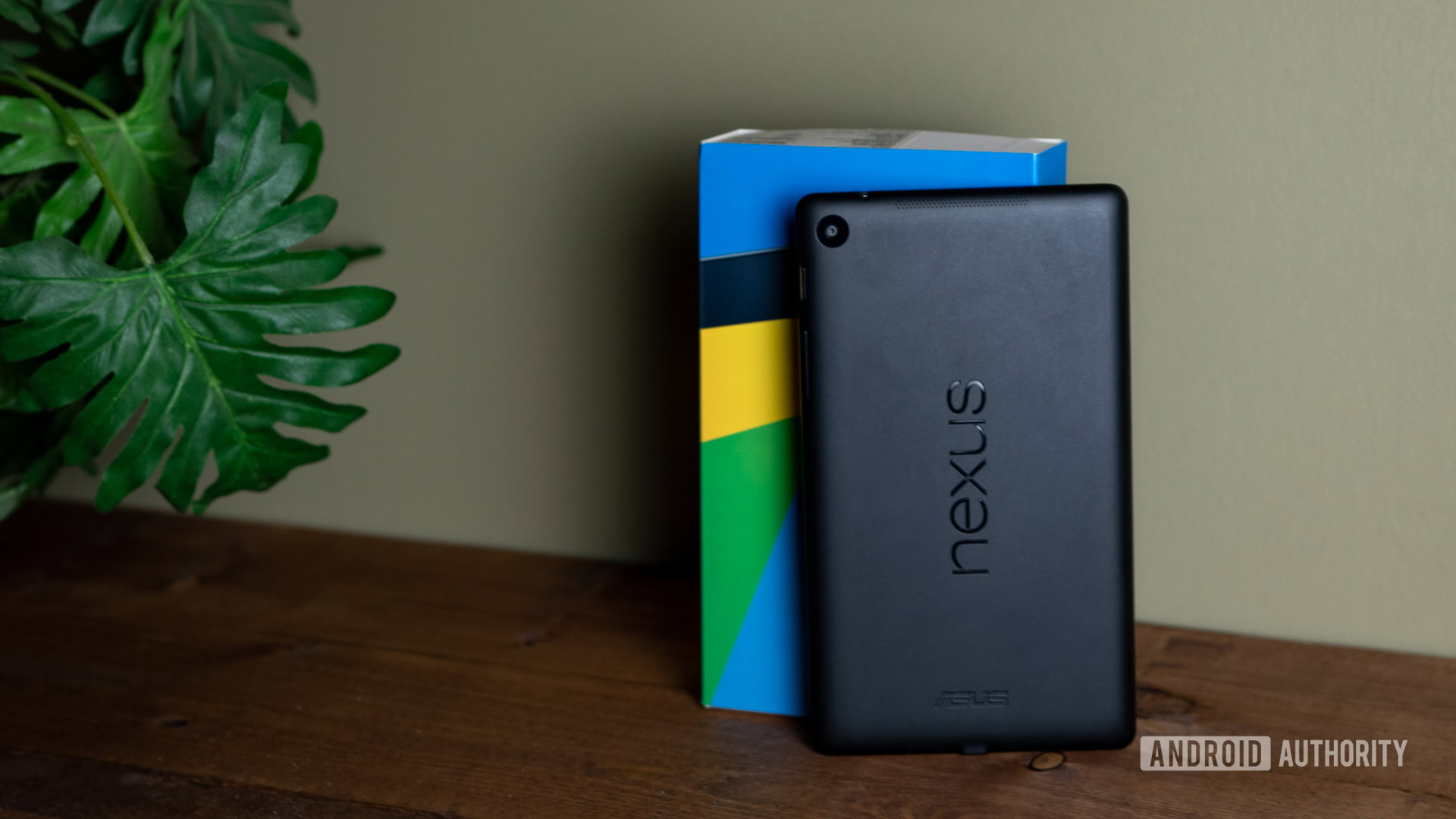
Undoubtedly, the Pixel series is among the most used daily drivers on the Android Authority team. Strangely, then, only one Google device makes this list, and it’s not a Pixel. It’s not even a bona fide smartphone. Instead, Jonathan Feist’s favorite phone of all time is the ASUS-made Nexus 7.
Yes, yes. Before you rush to the comments, I know that the Nexus 7 isn’t explicitly a phone, but considering that most modern devices have screens nearing 7 inches and that you could use it to phone people, I’ll allow it.
The Drone Rush executive editor notes it “was a no-frills device that I could do repairs on.” “The screen and battery were good enough for most of my computing needs at the time, and it fit in my pocket.”
While he mentions the Galaxy S20 as “the most reliable and consistent phone” he’s ever owned, the Nexus 7 remains Jonathan’s “favorite Android device of all time.” Interestingly, he currently uses the Galaxy S23 as his daily driver.
Google’s Nexus series eventually gave way to its Pixel line, but the sanitized, comprehensive modern Google phone series lacks the charm of the early, power-user prototypes.
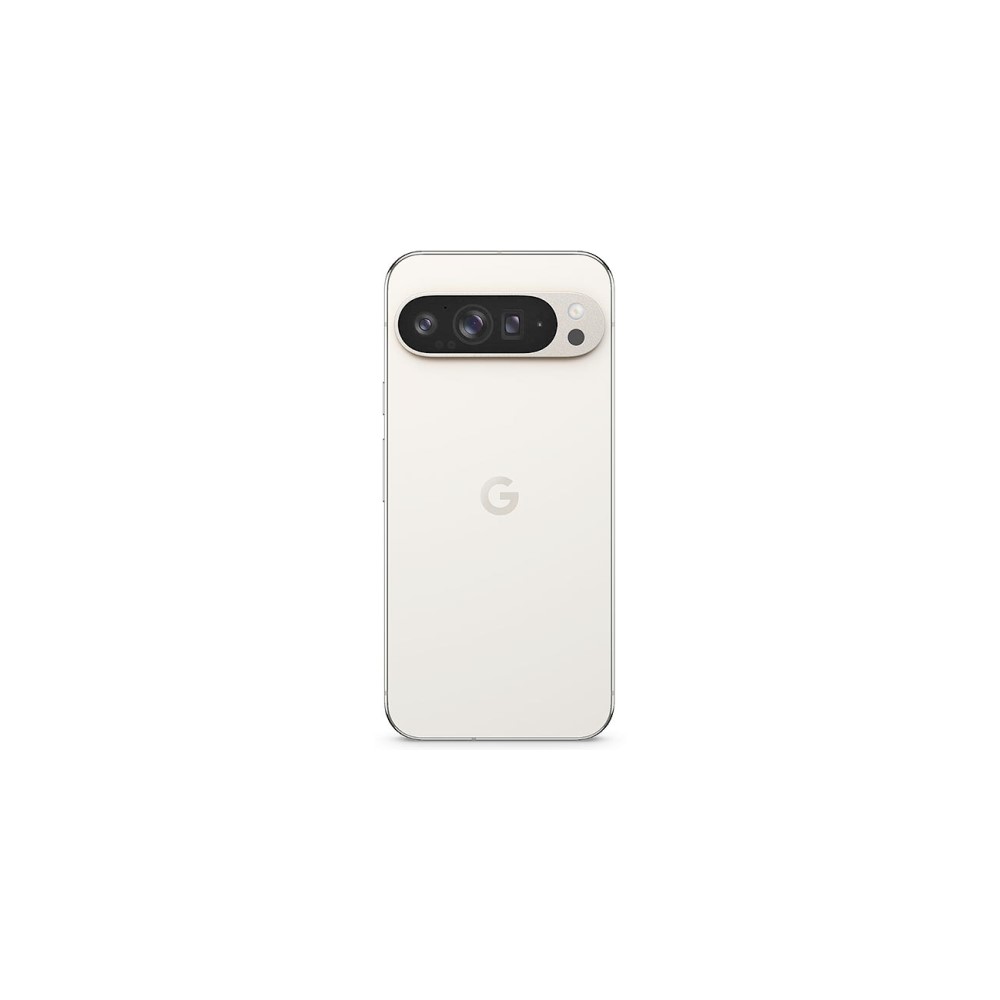

Google Pixel 9 Pro XL
The best specs in the Pixel 9 series • Gorgeous display • Seven years of software updates
Pure XL-ence.
Google reserves its best hardware for the largest device in the line. The Google Pixel 9 Pro XL offers a 6.8-inch display, the biggest battery we’ve ever seen in a Pixel phone, and 37W wired charging. Otherwise, the Pixel 9 Pro and the Pixel 9 Pro XL share almost all other hardware and software features, giving users the option between display sizes with top hardware.
OnePlus One
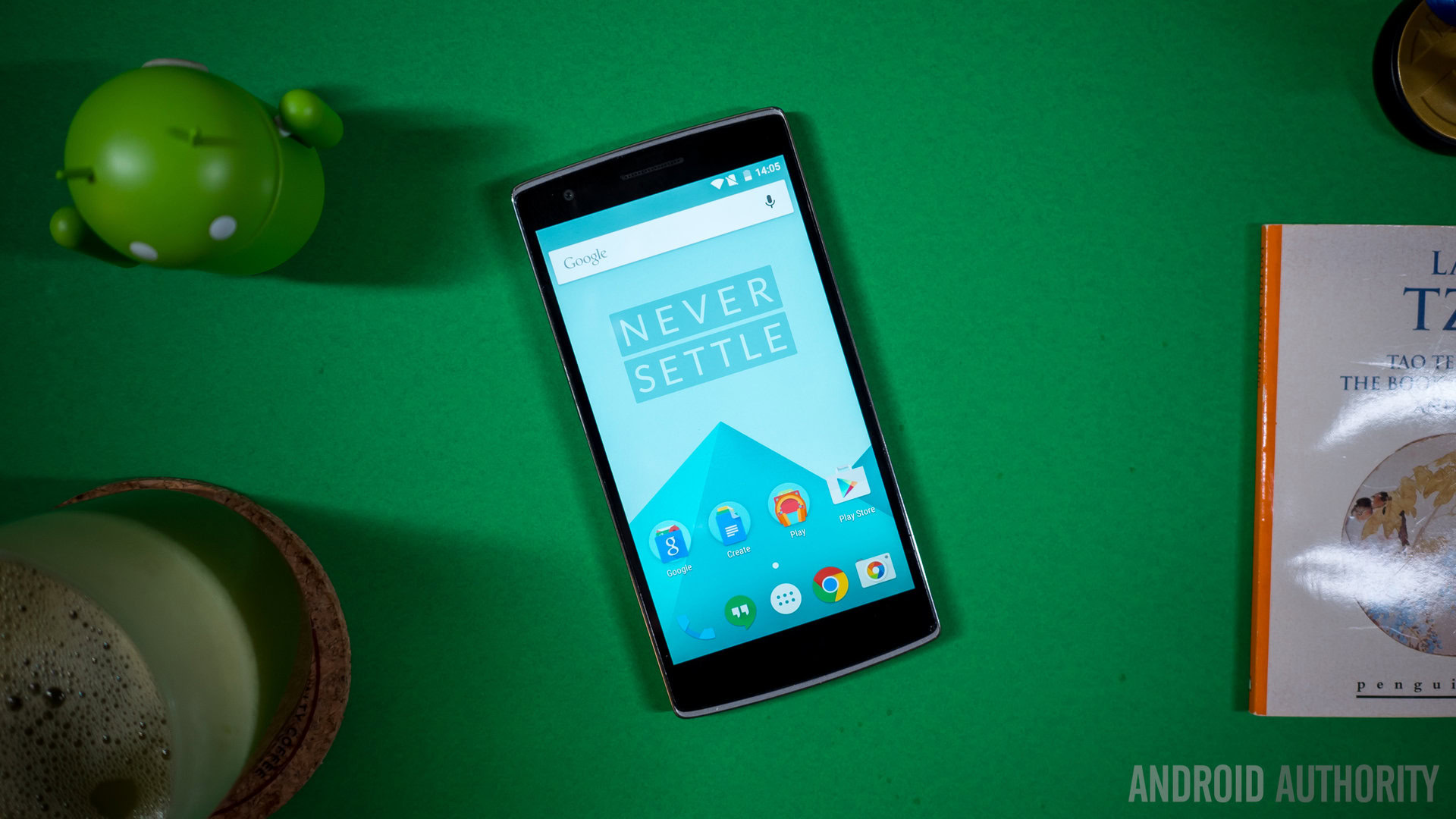
The term “flagship killer” has become an overused term the industry, but in 2014, that moniker belonged to one device: the OnePlus One. The first OnePlus smartphone was so popular that it’s both senior writer Aamir Siddiqui and contributor Pranob Mehrotra’s favorite phone of all time.
Aamir calls the One an “absolute beast of a device.” “It was a phone that was made for custom ROMs and gaming and whatnot, giving a pseudo-flagship experience at a not-flagship price. It practically coined the flagship killer moniker, and gave birth to OnePlus as a company,” he recalls.
It practically coined the flagship killer moniker, and gave birth to OnePlus as a company.
His current phone is also Scott’s favorite — the OnePlus 7 Pro. “This is a phone that I consider peak OnePlus (even though newer flagships come close). The pop-up camera was amazing, the curved display was amazing, the UI was amazing, and the price was great. Even the cameras were on a good upward trend for improvements,” he notes.
Pranob also recalls the perks of the OnePlus One, from its flagship hardware at an accessible price to its developer-friendly chops. “I have yet to use another phone that offers a better in-hand feel. That sandstone back is chef’s kiss,” he says.
Sony Xperia XZ1
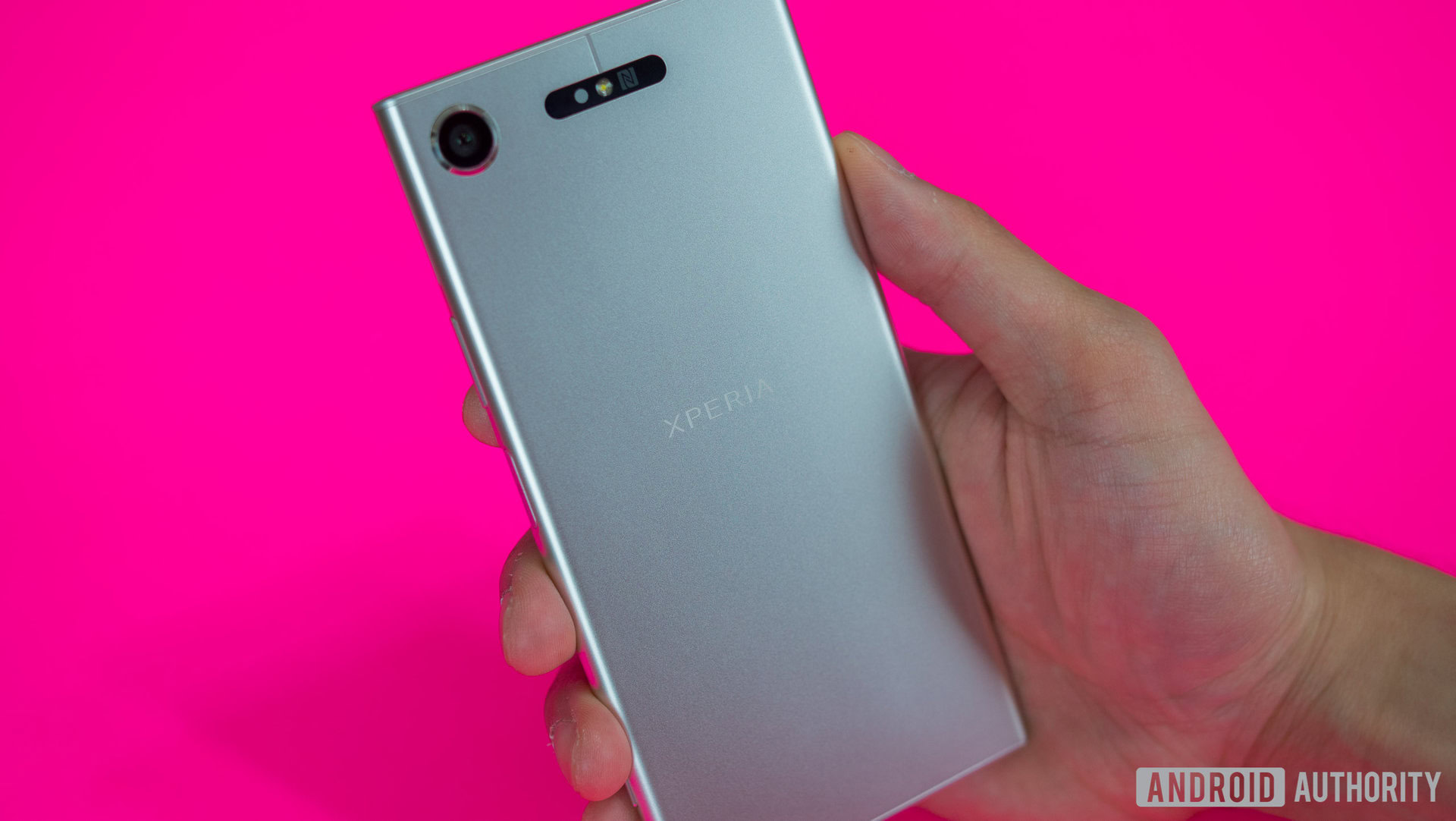
Sony’s smartphone division saw a mini resurgence in 2017. The Japanese maker turned a profit and launched several devices across various price ranges, including at the tippy-top with the Sony Xperia XZ1. It may be a largely forgotten device in Sony’s annals, but for editor Stephen Schenck, its unique design stands out.
“I love the thin profile. I love the metal everywhere. I love the curved edges. If this phone had an edge-reaching screen and modern processing power, I’d never want for anything else,” Stephen tells me.
I love the thin profile. I love the metal everywhere.
The phone packed those now trademark sharp corners, a 5.1-inch 1080p LCD, and a clean design. Hi-Res audio support, front-facing speakers, and a 3.5mm headphone jack added to the allure for audiophiles.
Like many of us, Stephen still longs for smaller Android phones. Although he dailies the Google Pixel 7, he wishes it was as pocketable as the XZ1.
iPhone 11 Pro Max
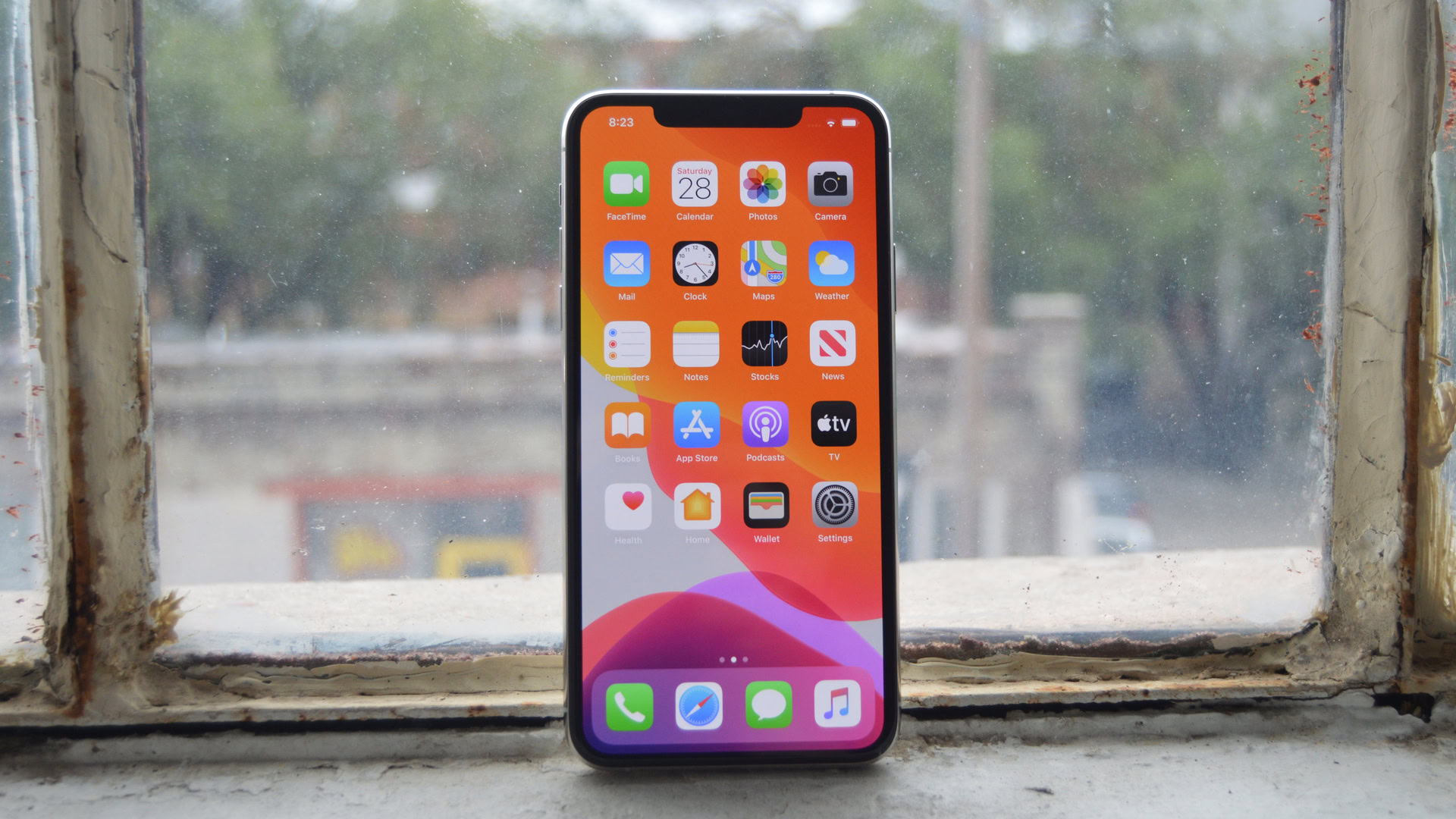
Android fans, let’s admit it: Apple has made some great smartphones, past and present. I recall the iPhone 6 as my favorite, largely because it was the first I ever used. However, for senior writer and wearables expert Kaitlyn Cimino, the big-screen iPhone from 2019 is her landmark device.
As a stalwart iPhone user, the iPhone 11 Pro Max is also Kaitlyn’s daily driver. “I love the seamless integration with other Apple products, including my Watch and iPad, and I love the intuitive navigation,” she mentions.
I love the seamless integration with other Apple products, including my Watch and iPad.
Few other Android Authority staffers use iPhones, but plenty of interest surrounds them. Pranob notes that he plans to switch to the iPhone 16 Pro as his primary phone soon. “Although I don’t think I’m going to enjoy Apple’s walled garden and other iOS quirks, I’m keeping an open mind,” he notes.
Kaitlyn is currently using the Pixel 9 alongside the Google Pixel Watch 3, which she’s mainly enjoying. However, when she upgrades, she will likely also opt for Apple’s latest — the iPhone 16.

Apple iPhone 16 Pro Max
Best iPhone 16 • Big display • Big performance
The powerhouse of the iPhone 16 family.
The iPhone 16 Pro Max boasts a larger 6.9-inch display with ultra-slim bezels, offering a sleek and immersive design. It features a powerful 48MP ultrawide camera, enhanced 5x optical zoom, and a touch-sensitive shutter button for a pro-level photography experience. With a faster AI-optimized processor and available in premium colors like gold titanium, the iPhone 16 Pro Max sets the bar for performance and style.
HUAWEI P30 Pro
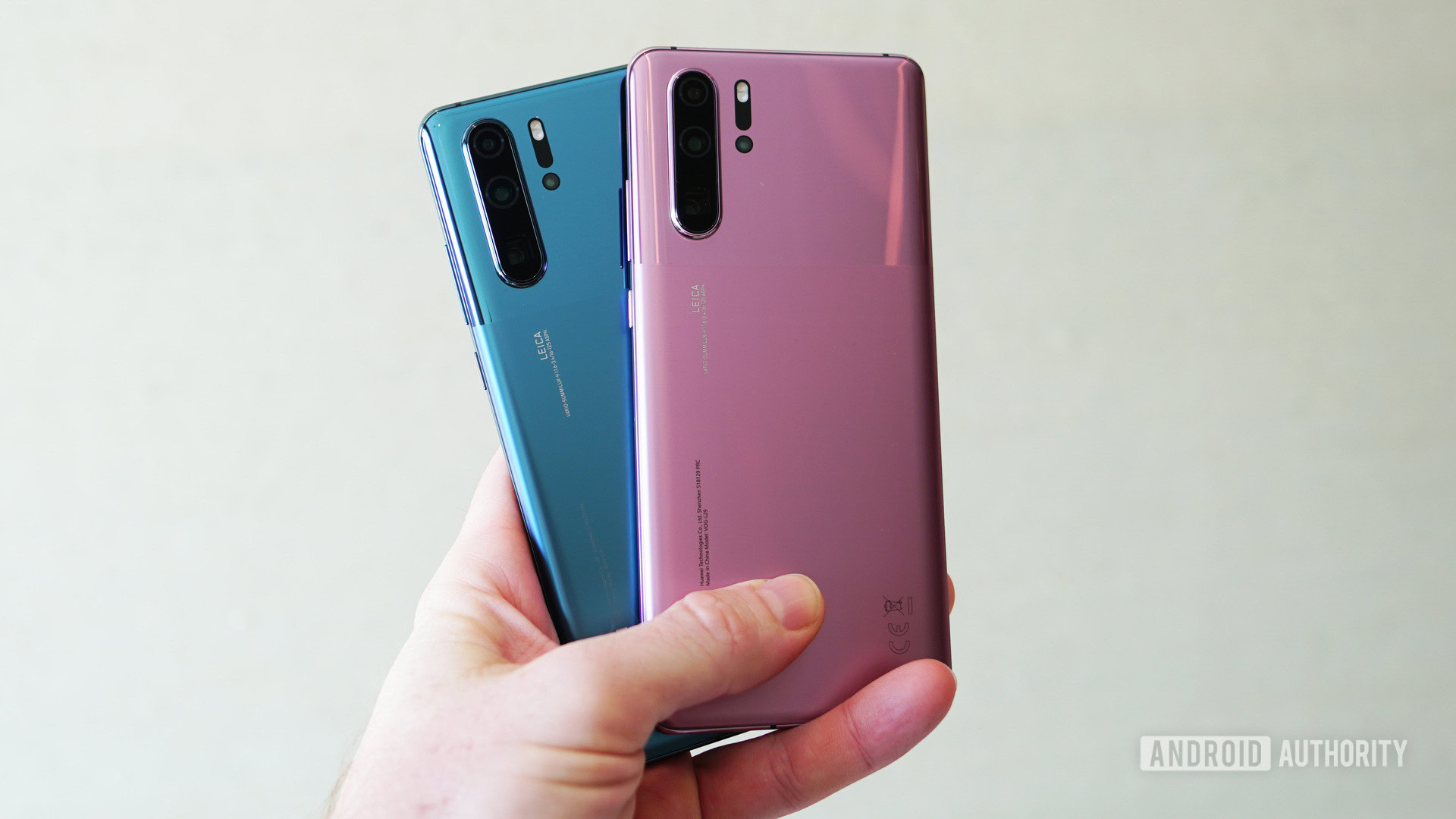
Finally, I get to talk about myself for a few paragraphs. This article was inspired mainly by thinking about my own favorite phones through the years, several of which I can recall exceptionally fondly.
The LG G4 comes close to making the list thanks to its clean UI, excellent camera, and quirky styling. The water-resistant and svelte Sony Xperia Z3 is another, while the Galaxy Note 9, with its blockbuster specs list, will always hold a place in my heart. I also remember the Nokia E5, my first “smart” phone, while the BlackBerry Curve 8520 was my workhorse for years. However, my favorite phone of all time is the HUAWEI P30 Pro.
It was and still is an excellent example of a modern phone and is, by some margin, my favorite smartphone of all time.
As I mentioned in the Mate 20 Pro section, HUAWEI was responsible for some of the best Android phones of the late 2010s, and the P30 Pro, with its excellent camera, long battery life, and bulletproof reliability, was among them. Even though it no longer receives Android updates, I still drive the phone daily, leaning on it for modern tasks. I’ve dropped it, left it dead for days, set the screen timeout to something ridiculous, and yet, it keeps going.
It was and still is an excellent example of a modern phone and is, by some margin, my favorite smartphone of all time.
What is your favorite smartphone of all time?
49 votes
What is your favorite smartphone of all time? Be sure to let us know by voting in the poll above and dropping a comment down below.


